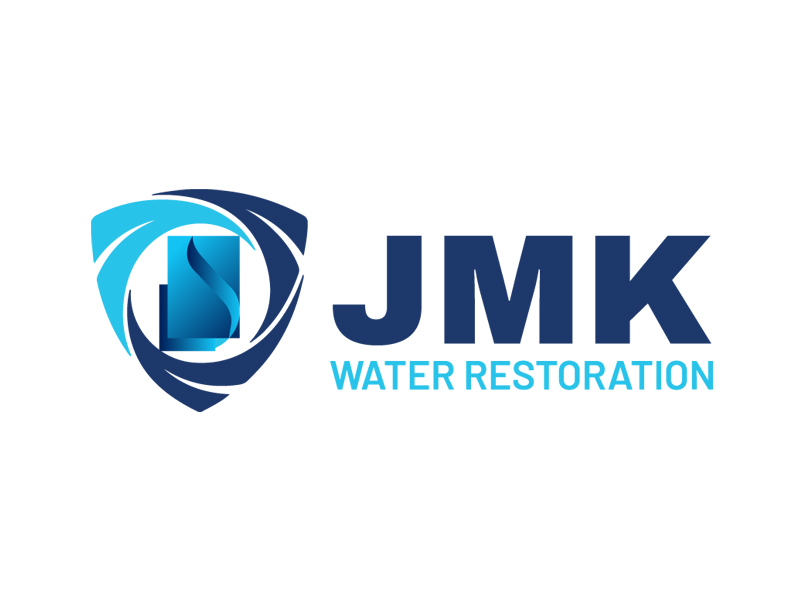Florida Mold Laws

Do you have mold in your home or office? Do you know what Florida’s mold laws say about your responsibilities as a property owner or renter? Well, you should.
Florida mold laws play a critical role in ensuring the safety of occupants and preventing property damage. Mold can pose health risks, making it crucial for property owners and renters to know their rights and responsibilities.
In this blog, our mold remediation specialists at JMK Restoration will break down the must-knows about mold laws in Florida, how to prevent mold growth, and what to do when you suspect you have a problem. Read on or contact us now to put mold in check today.
Overview of Florida Mold Laws
Florida mold laws require landlords to maintain their properties, including promptly addressing mold issues. Tenants have the right to request repairs for any conditions that could negatively impact their health, which includes mold growth. Failure to comply with these regulations may result in Florida mold lawsuits and leave landlords liable for damages.
Property owners should also be aware of their insurance coverage for mold-related damage. Most homeowner’s insurance policies in Florida have exclusions related to water damage caused by long-term leaks and moisture buildup, often the root causes of mold growth. It’s essential to review your policy carefully and consider purchasing additional coverage if necessary.
Tenants should be aware that property owners are not required to disclose mold issues. Therefore, it’s vital to conduct inspections. Additionally, if you’re renting a property in Florida and your landlord fails to address a mold problem, the law offers two options for tenants. The first option is “repair and deduct,” where tenants can handle the mold cleanup themselves and deduct the costs from their rent.
The second option is “rent withholding,” where tenants can withhold rent, stating that the mold has rendered the unit uninhabitable. In Florida, the “implied warranty of habitability” mandates landlords to provide livable conditions, regardless of whether it is mentioned in the lease agreement or not, as per the state’s rental law.
Landlord Liability Under Florida Mold Laws
Currently, no federal or state laws specifically deal with what landlords should do about mold. It means they don’t have clear responsibilities for preventing or fixing mold issues.
However, if tenants find themselves dealing with a lot of mold in their place, they can take their landlord to court and ask for compensation. If the court decides that the landlord didn’t take proper care and the mold problem is their fault, they could face serious penalties.
Deducting Mold-Related Costs From A Tenant’s Security Deposit
In Florida, the laws for landlords and tenants have a specific provision regarding mold. If the tenant’s negligence causes mold in a rental property, it falls under excessive property damage. As a result, the landlord has the right to use the security deposit to cover the costs of cleaning up the mold when the tenants move out.
Just like any other damages beyond normal wear and tear, the landlord must inform the tenants about the mold damage expenses within thirty days of moving out. The landlord may consider legal action if the tenants disagree with the charges.
However, if the tenants don’t object to mold-related deductions, the landlord must return the remaining portion of the security deposit within thirty days of sending the initial notice.
How to Prevent Mold Growth on Your Property
When dealing with mold, prevention is the best cure. Luckily, there are several things you can start doing today to keep mold at bay.
Here are a few:
- Reduce humidity below 60% using dehumidifiers or air conditioners.
- Ensure proper ventilation and airflow throughout the home.
- Regularly clean and maintain areas prone to dampness (e.g., bathrooms, basements).
- Use dehumidifiers in moisture-prone areas like basements, bathrooms, and kitchens.
- Fix leaks promptly and use exhaust fans while cooking or showering.
- Open windows for fresh air and employ ceiling or portable fans for proper airflow.
- Install ceiling fans or portable fans to circulate air effectively.
- Maintain HVAC systems, change filters regularly, and clear obstructions.
- Consider air filtration systems for improved indoor air quality.
- Regular Cleaning and Maintenance:
- Clean air filters every three months or as recommended.
- Conduct annual inspections of HVAC systems.
- Maintain appliances like dehumidifiers and exhaust fans for moisture control and longevity.
By following these simple maintenance tips, you’ll improve indoor air quality and extend your appliances’ lifespan.
What to Do if You Suspect Mold in Your Home
Dealing with mold growth in a rental property can be a hassle, but taking the necessary remediation steps can ensure a safe and healthy living environment for all. While some may attempt DIY mold removal, it’s important to consider this method’s potential risks and limitations.
Here are some steps to take for mold remediation:
- Identify the source — The first step is to identify where the mold is coming from so that you can stop it from spreading further.
- Remove contaminated materials — Any materials affected by mold should be removed and properly disposed of.
- Clean surfaces — All surfaces should be thoroughly cleaned using specialized products or techniques for mold removal.
- Monitor air quality — It’s important to monitor air quality throughout the process and after remediation has been completed.
Unfortunately, sometimes mold can get out of hand before we even realize it’s there. If you detect a mold problem on your property, it’s best to bring professional help. Our professional mold remediation specialists at JMK Restoration can help you tackle mold issues, big or small, and ensure they’re gone for good.
Contact JMK Restoration for Mold Remediation Today
Take control of mold issues in your Florida rental property today! If you’re facing a mold problem and your landlord is not taking action, don’t hesitate to contact JMK Restoration, the experts in mold assessment and remediation.
Our skilled team is ready to help you resolve the issue promptly and effectively, ensuring a safe and healthy living environment. Contact us now to schedule a consultation and get professional assistance.
